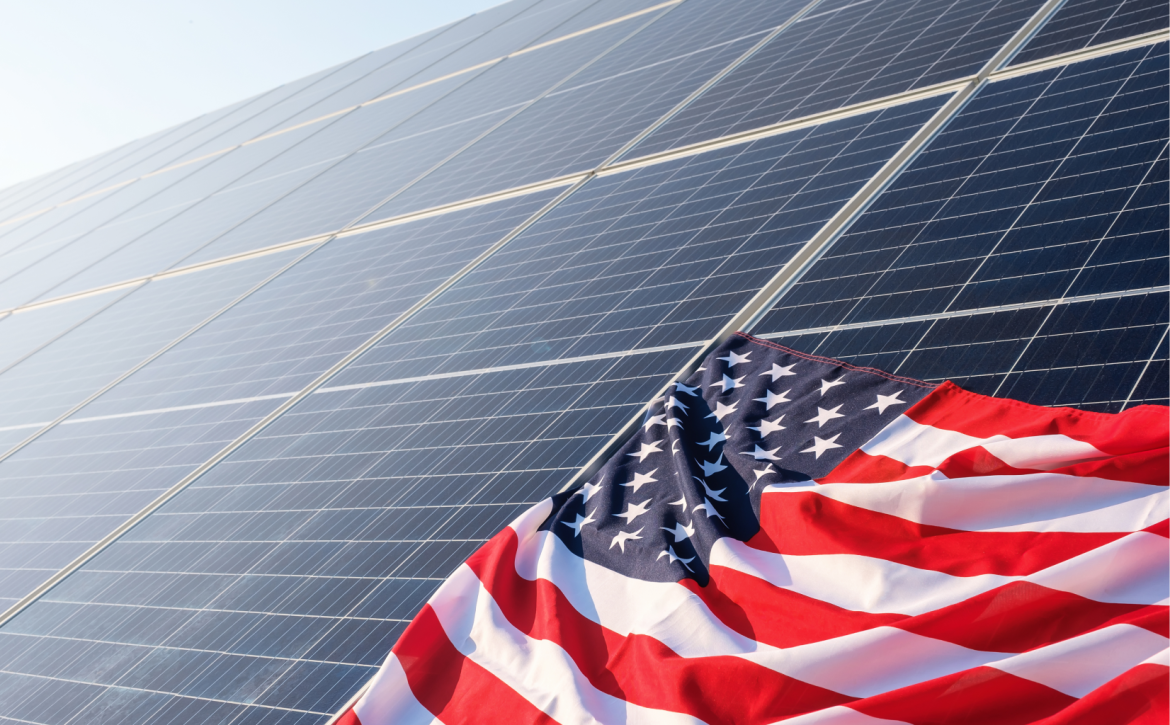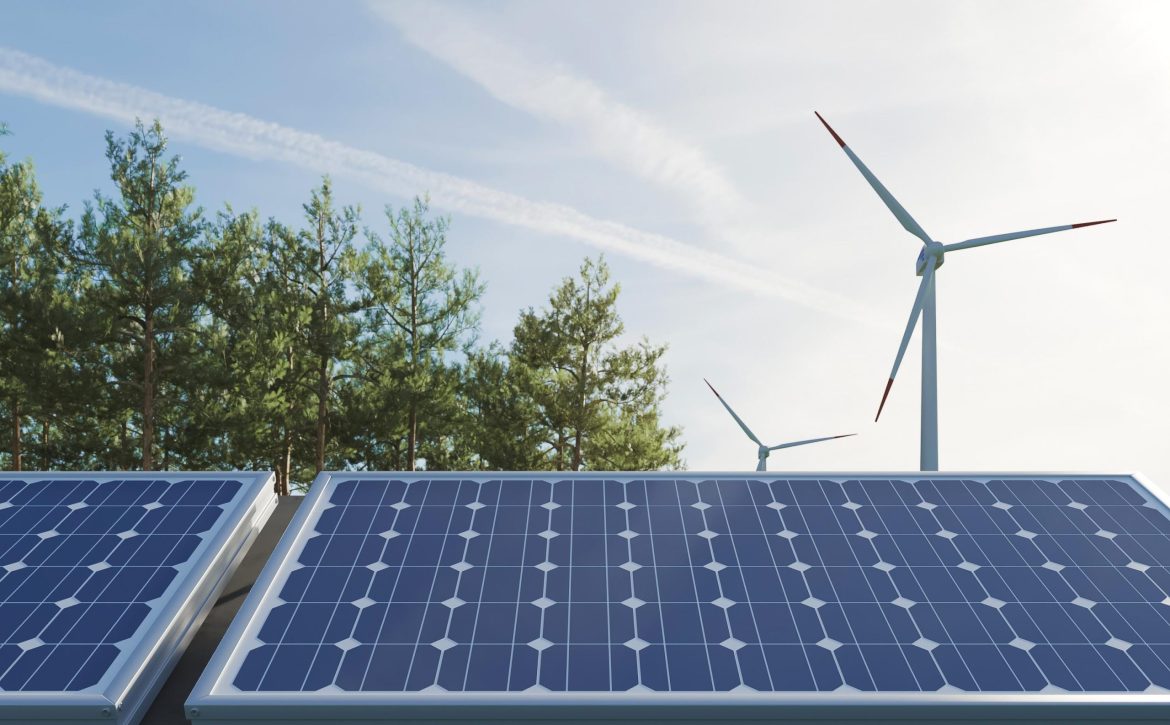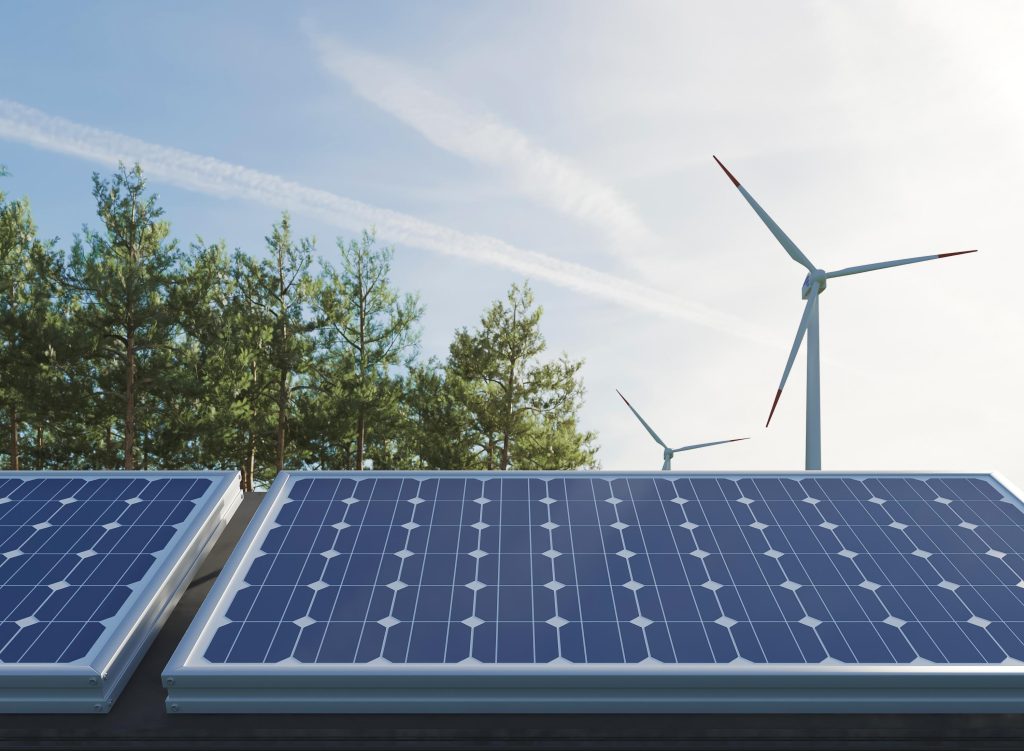US Takes Major Step Towards Clean Energy Future
In a groundbreaking move towards a sustainable future, the President of the United States, Joe Biden, has given authorization to the Department of Energy to leverage the Defense Production Act (DPA) to accelerate domestic energy production, with a particular focus on clean and renewable sources such as solar energy. This strategic decision underscores President Biden’s commitment to reducing energy costs for American families, strengthening national security, and achieving energy independence by reducing reliance on fossil fuels.
Boosting Domestic Energy Production:
Jennifer Granholm, the United States Secretary of Energy, emphasized that invoking the Defense Production Act empowers the nation to seize its clean energy independence. For far too long, America’s clean energy supply chain has depended on foreign sources and adversarial nations. By utilizing the DPA, the Department of Energy can now bolster the domestic solar energy, heat pump, and grid manufacturing industries, thereby enhancing economic security, generating well-paying jobs, and simultaneously lowering utility costs.

A Paradigm Shift towards Clean Energy:
Over the past decade, the demand for clean energy technologies has surged, thanks in part to decreasing costs. The government’s decision to invest in companies involved in energy infrastructure and system manufacturing is expected to meet this growing demand. As a result, the United States aims to maintain its leadership position in the production of critical energy technologies.
National Security and Energy Independence:
Highlighting the impact of self-generated energy on national security, the Deputy Secretary of Defense emphasized that fossil fuel supply lines are especially vulnerable during conflicts. President Biden’s announced actions will fortify supply chains, ensuring that the United States remains at the forefront of energy technology production critical to future success. This measure not only enhances national security but also promotes energy independence, which is paramount in addressing urgent climate change threats.
Solar Energy’s Prominence:
According to a survey conducted by the US Department of Energy, photovoltaic solar energy stands as the largest source of generation capacity in the country, offering cost advantages in numerous regions. However, domestic solar energy production currently falls short of the survey’s findings. By supporting a secure, stable, diverse, and competitive domestic solar supply chain, President Biden’s initiatives aim to enhance national security, foster energy independence, tackle climate change, and ultimately reduce energy costs for American consumers.
The United States is embarking on a transformative journey towards a clean energy future. President Biden’s authorization of the Defense Production Act for energy production underscores the commitment to reduce energy costs, enhance national security, and achieve energy independence. By strengthening the domestic clean energy industry, particularly in solar energy, the US is poised to lead the world in critical energy technologies. This progressive approach will not only create new job opportunities but also promote sustainable economic growth while addressing the urgent challenges posed by climate change.



